7 Things Depression Does To You
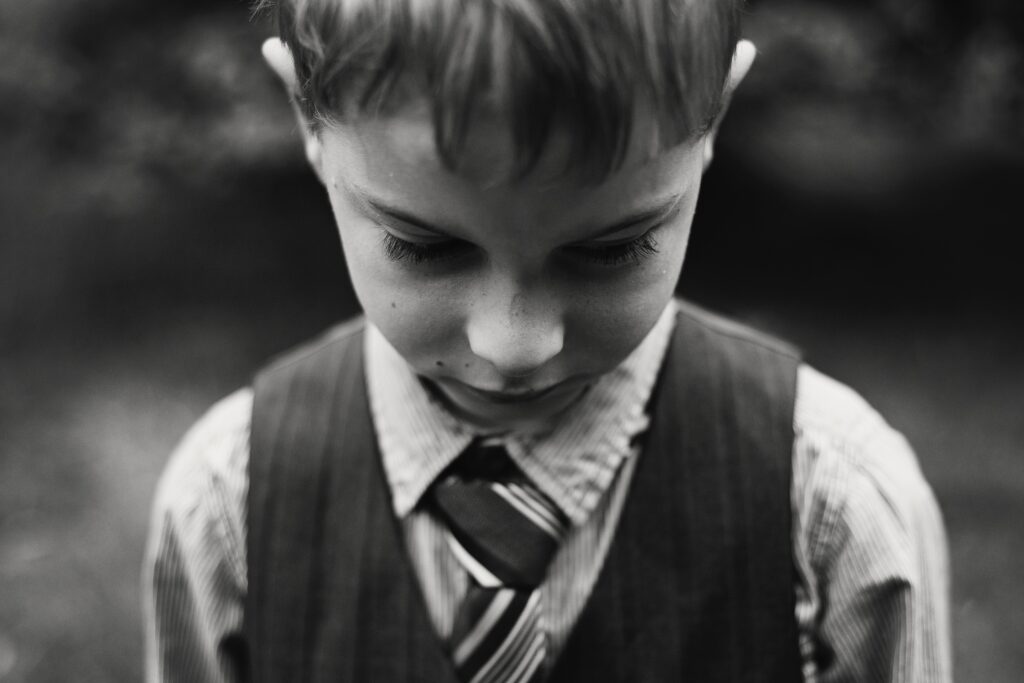
This article is for informative purposes only and is not intended to diagnose or treat any condition. Please reach out to a qualified mental health professional or healthcare provider if you are struggling.
Depression is a very hard feeling to handle in any capacity. While most people with experience at least one episode of depression in their life, others face it on a routine basis. To understand what some the effects that it has, especially longer term, in this article, we will be looking at 7 things depression does to you.

What Is Depression?
Depression can refer to many things ranging from a mood that one feels from time to time, to a type of mental disorder, to symptom that one feels as a result of a disorder. In this article, we will be referring specifically to Major Depressive Disorder (MDD), which is a common depressive disorder diagnosis. Some of the signs of MDD include:
- Emptiness and hopelessness
- Lack of energy
- Negative thinking
- Difficulty concentrating and making decisions
- Unusual physical pain
- Persistent feelings of sadness
(Sources: Mayo Clinic 2018a, and Higuera 2021)
These symptoms can be very impactful on your day to day functioning and make your quality of life harder. If you struggle with depression, you may notice some of the things that it does to you. These things include:
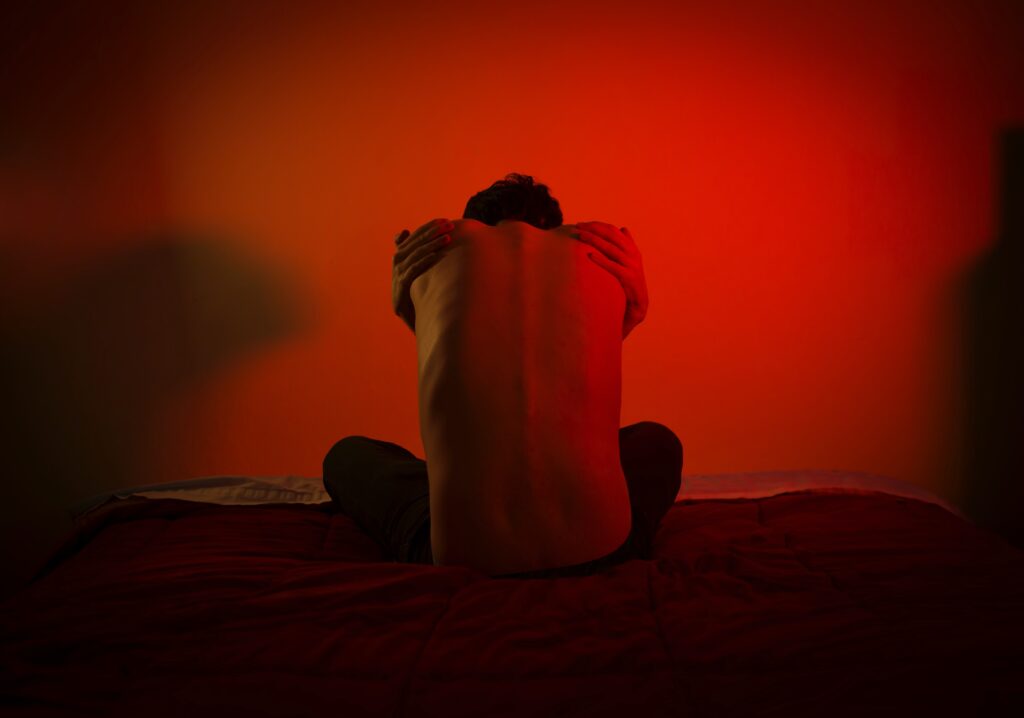
1. It Impacts Your Learning
When you are depressed, you may find it harder to learn new things (Lesser 2021). Do you notice that it’s harder to concentrate, remember, and to think clearly when you are depressed? Depression affects all of these aspects making it harder to retain information. You may find yourself struggling more in school and that your test scores are lower. In addition, having a lack of motivation and energy can add to this strain.
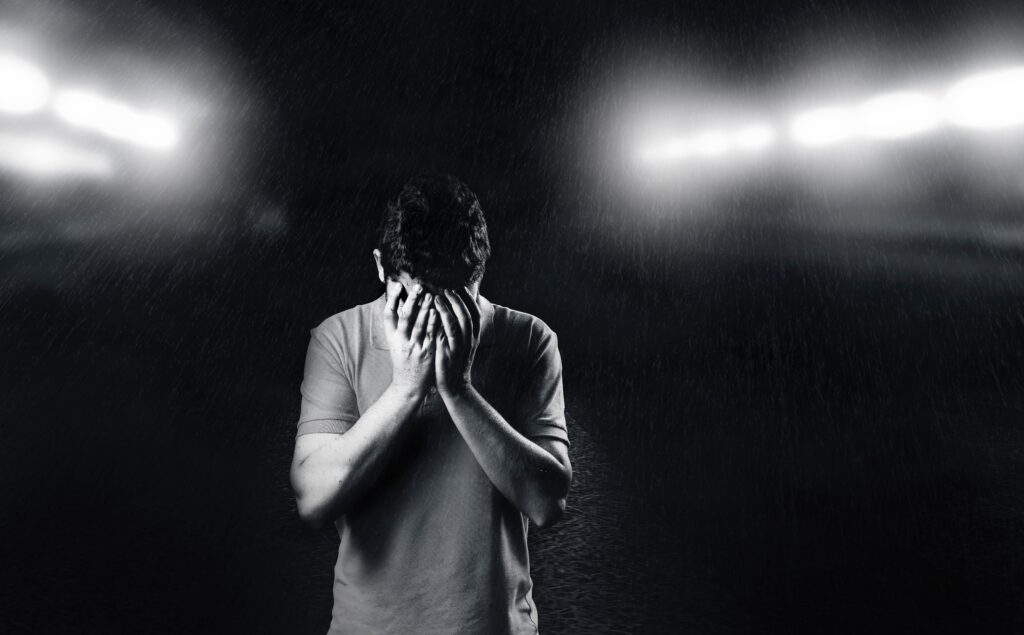
2. You Lose Interest In Everything
Are you finding that what you once enjoyed is no longer desirable? Hobbies slowly fade away and your social life goes with it (Mayo Clinic 2018a). You may find it more difficult to take care of your hygiene when you’re in this frame of mind. Depression can make it seem pointless to engage in anything, so more often than not you find yourself existing rather than living.
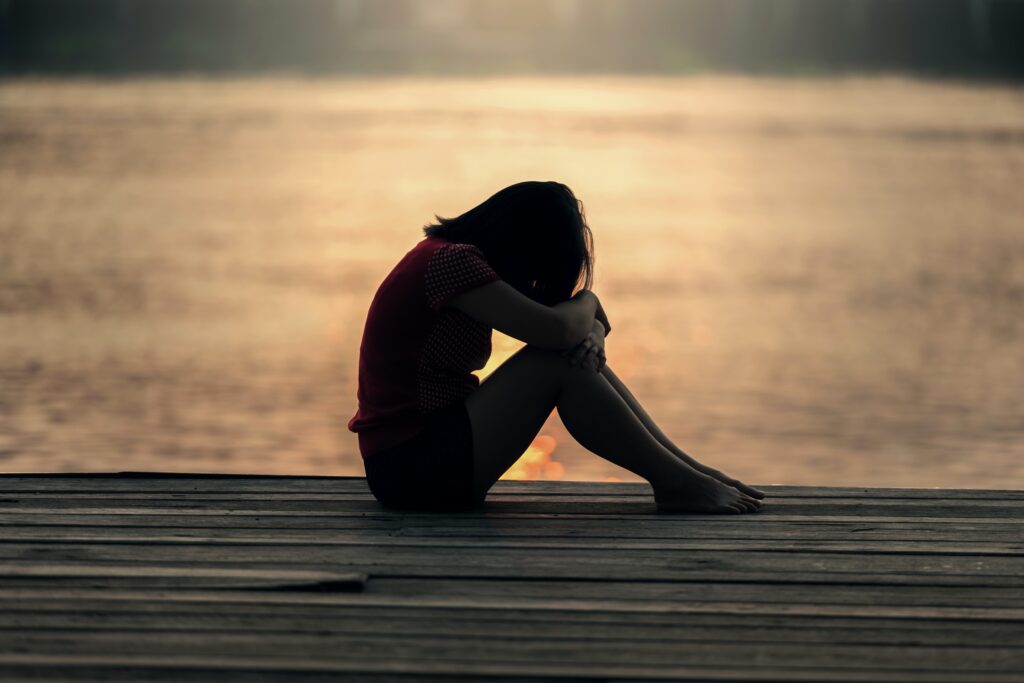
3. You Become More Irritable
Are you finding yourself more on edge than normal? That it seems like everyone is on your nerves? Depression can wear your patience thin and make it so that you shut others out (Schimelpfening 2020). You may also find yourself snapping at people more than you normally would. Dealing with the negatives of depression can use up a lot of your patience, making it difficult to have any left for anyone else.

4. You Become More Isolated
Depression can put an end to social lives (Mayo Clinic 2018a). Are you finding that you don’t have it in you to go out like you used to? Are people in your life slowly becoming strangers? When you’re dealing with a lot internally, it can make it difficult to keep up with the people around you. In many cases, the increased isolation can boost the depressive symptoms causing a painful cycle.
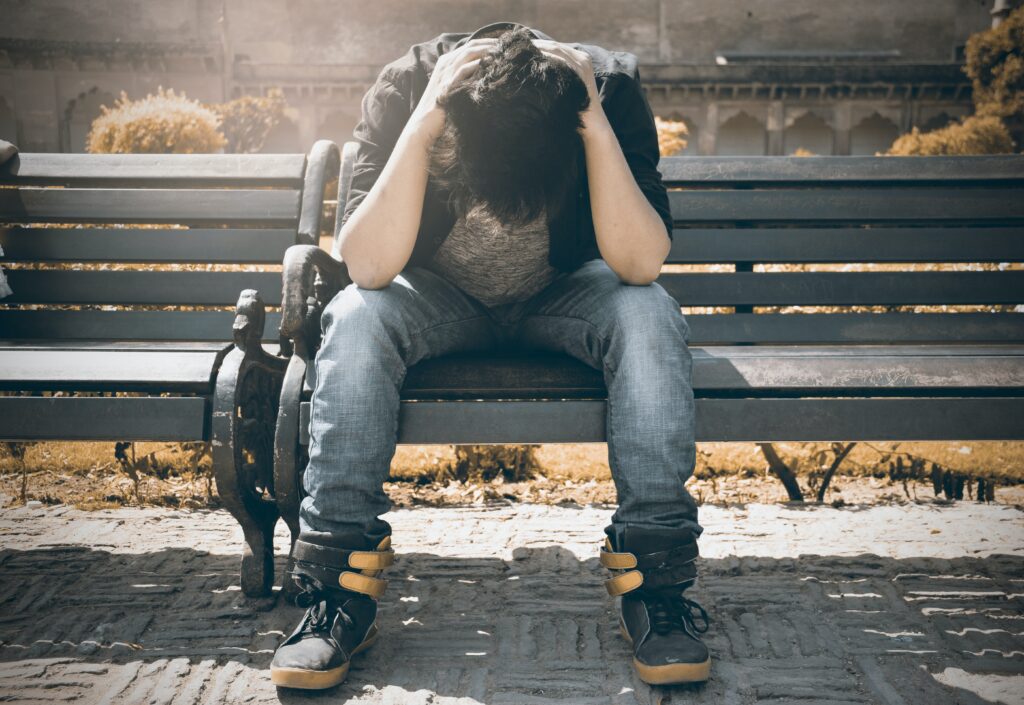
5. It Changes Your Sleeping and Eating Patterns
Depression can manifest in other parts of your life as well. Are you finding that you are sleeping way more than normal? Or on the contrary, cannot sleep at all? How about your eating habits? Over eating or under eating along with sleeping are all affected by depression and can greatly affect how you function during the day (Mind 2021). It’s important to maintain balance in both areas for both mental and physical health’s sake.
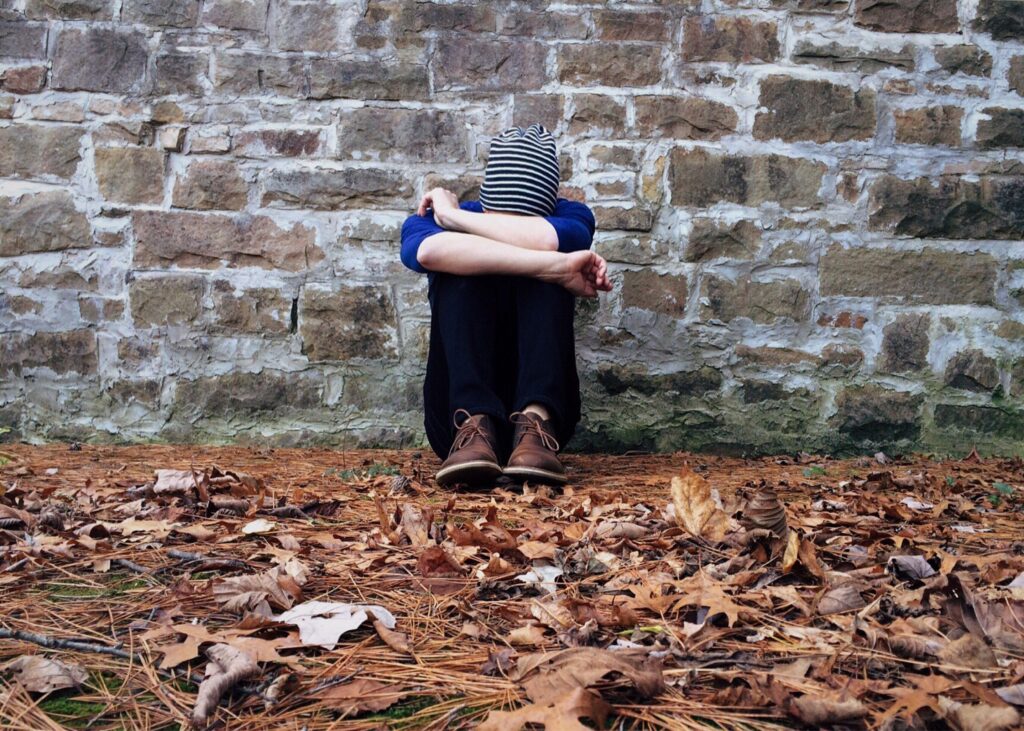
6. You Feel Tired All the Time
Depression can be exhausting leaving you with little energy to do anything else. Are you finding yourself struggling to do anything at all? Is it hard to get through the day without needing to find time to rest? Depression can quickly zap your energy away making it much more difficult to do what you need to (Lesser 2021). You may find yourself moving and thinking more slowly which can be difficult to keep up when everyone else is moving so fast.

7. It Can Cause You to Harm Yourself
Depression comes with a lot of negative thoughts that can make it hard to see the brighter side of life. Sometimes these negative thoughts can manifest into actions that end up hurting yourself (Mayo Clinic 2018a). Self-harm and suicidal behavior are serious problems and should immediately be brought to the attention of a healthcare provider. Doing so can give you access to resources that can give you healthier ways to manage and cope with your symptoms.

Depression is something that needs to be taken seriously. It can drastically reduce the quality of your life and make each day harder than it needs to be. If you are struggling, please reach out to qualified healthcare provider or mental health professional. Getting in touch with the right person can be a great first step to getting back on track. Let us know your thoughts on this article! What are some things you have learned? What’s something you wish to learn more about? What has been your experience? Write them down in the comments!
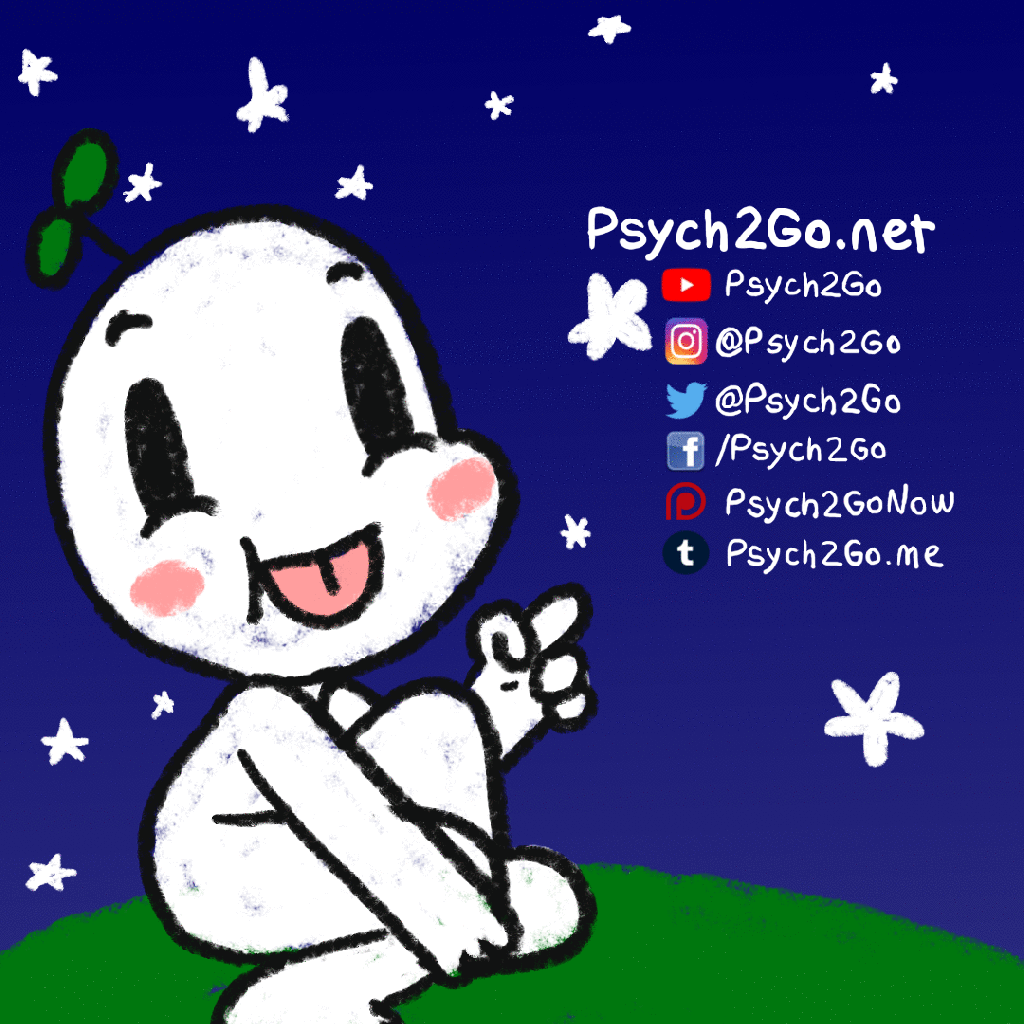
References:
- Higuera, V. (2021, November 1). Everything You Need to Know About Depression (Major Depressive Disorder). Healthline. https://www.healthline.com/health/depression#symptoms
- Lesser, B. (2021, May 28). The Effects of Depression on Learning. Dual Diagnosis. https://dualdiagnosis.org/how-depression-affects-learning/
- Lowe, D. (2021, November 18). 22 “Habits” of People With Depression and Anxiety. The Mighty. https://themighty.com/2017/08/habits-depression-anxiety/
- Mayo Clinic. (2018a, February 3). Depression (major depressive disorder) – Symptoms and causes. https://www.mayoclinic.org/diseases-conditions/depression/symptoms-causes/syc-20356007
- Mayo Clinic. (2018b, February 3). Depression (major depressive disorder) – Symptoms and causes. https://www.mayoclinic.org/diseases-conditions/depression/symptoms-causes/syc-20356007
- Mind. (2021). Depression. https://www.mind.org.uk/information-support/types-of-mental-health-problems/depression/symptoms/
- Pietrangelo, A. (2019, October 23). The Effects of Depression in Your Body. Healthline. https://www.healthline.com/health/depression/effects-on-body
- Schimelpfening, N. (2020, August 3). 7 Facts Everyone Should Know About Depression. Verywell Mind. https://www.verywellmind.com/depression-facts-you-should-know-1067617
Helpful Resources:
Self-Harm:
1-800-DON’T-CUT and 1-800-334-HELP
1-800-334-HELP is a 24-hour service for a number of things.
http://www.selfinjury.com
Insomnia:
https://sleepfoundation.org/
Eating Disorders:
https://www.nationaleatingdisorders.o
https://www.eatingrecoverycenter.com/
PTSD:
Boys Town National Hotline 1-800-448-3000.
Text CONNECT to 741741 for PTSD episodes. They are also on call 24-hours.
Suicide:
1-800-273-8255 for the National Suicide Prevention Hotline.



Responses